7-Day Anti-inflammatory Diet – Meal Plan And How It Works
Transform your wellness with delicious recipes designed to reduce swelling and boost vitality.

Image: iStock
When it comes to fighting inflammation, there is nothing better than the anti-inflammatory diet. Chronic inflammation is a common side effect of IBS/IBD, arthritis, obesity, asthma, acne, depression, fatigue, insomnia, and heart disease (1), (2). An unhealthy diet, sedentary lifestyle, stress, age, smoking, hormonal imbalances, and inadequate sleep contribute to chronic inflammation (2). If you have an inflammatory condition, it is important to be on a diet that reduces inflammation and is approved by science.
In this post, doctors and nutritionists weigh in on the anti-inflammatory diet. Keep reading to check out what to eat and avoid, a 7-day anti-inflammatory diet chart, and the benefits of an anti-inflammatory diet. Scroll down!
In This Article
Definition: What Is An Anti-Inflammatory Diet?
An anti-inflammatory diet is a nutritional strategy to help reduce inflammation in the body.
It includes foods rich in omega-3-fatty acids, fruits and vegetables, whole grains, and lean proteins. This diet excludes processed foods, refined sugar, refined flour, and trans fats.
Dr. Liia Ramchandra, Pharm.D., Ph.D., says, “The anti-inflammatory diet is not a specific regimen but rather a style of eating. The Mediterranean diet and the DASH diet are examples of anti-inflammatory diets.” She adds, “They soothe and calm your body and combat the inflammatory response in the body!” This eating habit that includes natural foods may help reduce and reverse (sometimes) various inflammatory diseases and conditions.
What diseases and conditions does inflammation cause? Scroll down to find out.
List: Inflammatory Conditions And Diseases
Chronic inflammation can cause many issues. These may be short-term or long-term. However, they warrant immediate attention to prevent aggravation. Here is the list of inflammatory diseases and conditions (2):
- Inflammatory bowel disease
- Rheumatoid arthritis
- Alzheimer’s
- Crohn’s disease
- Colitis
- Allergy
- Acne
- Atopic dermatitis
- Psoriasis
- Asthma
- Heart disease
- Obesity
- Diabetes
- Lupus
- Hashimoto’s thyroiditis
- Depression
- Anxiety
- Insomnia
An anti-inflammatory diet can be beneficial for you even if you don’t have any of the aforementioned conditions. Dr. Brittany Ferri, Ph.D., says, “This is good for anyone with inflammation in the body, but it can also be good for people who generally want more energy or are recovering from fatigue.”
There are several diseases and conditions an anti-inflammatory diet can help treat. But how exactly does this diet work? Know the science behind the anti-inflammatory diet in the following section.
Benefits: How The Anti-Inflammatory Diet Works
1. Is Rich In Antioxidants
The anti-inflammatory diet includes fruits and vegetables loaded with antioxidants like vitamins, polyphenols, and anthocyanins (3). Antioxidants help scavenge the harmful free oxygen radicals and reduce oxidative stress and inflammation (4). Oxidative stress and inflammation are linked to various diseases, as mentioned before (5). Therefore, consuming more vegetables and fruits can help reduce the risk of diseases and conditions caused due to inflammation.
2. Is Rich In Omega-3s
The anti-inflammatory diet includes foods rich in omega-3-polyunsaturated fatty acids. Foods consumed in Western diets are rich in omega-6, which disbalances the omega-3:omega-6 ratio. Dietary omega-3 fatty acid supplementation helps reduce inflammation by rebalancing the omega-3 and omega-6 fatty acid ratio to 1:1 (6 ). Scientific studies show that dietary omega-3 helps reduce inflammation and is beneficial for people with obesity, cardiovascular disease, and diabetes (7), (8 ), (9).
3.May Stabilize Blood Sugar Levels
Insulin is a hormone that promotes the glucose uptake of cells from the bloodstream.
Chronic inflammation has a direct link to obesity, which, in turn, may cause insulin resistance (10). Insulin resistance prevents the uptake of glucose from the blood. The blood sugar levels shoot up as a consequence and lead to diabetes type 2 (11). Research shows that an anti-inflammatory diet helps improve glycemic response and may prevent an uncontrolled spike in blood sugar levels (12).
4. May Improve Gut Microbiome
Crohn’s disease and ulcerative colitis are inflammatory bowel diseases characterized by chronic relapses. In addition to medical and surgical treatments, dietary therapy also helps control these conditions. Scientists discovered that going on an anti-inflammatory diet containing more fluids and avoiding fatty foods, dairy, and dietary fiber (as dietary fiber is tough to digest and taxes the digestive system) may help alter the gut microbiome in some people with IBD (13).
A separate study found that anti-inflammatory foods increased gut bacteria that improved mucosal protection in people with IBS/IBD (14). Improved gut microbiome was also found to have a positive effect on people with rheumatoid arthritis. An anti-inflammatory diet with omega-3 and probiotics showed promising results in those with rheumatoid arthritis (15). However, more information is warranted in this regard.
5. May Reduce Inflammatory Index
The Dietary Inflammatory Index (DII) is a literature-based dietary score developed to measure the impact of a diet on the inflammatory status of an individual. Higher the DII score, the higher the inflammatory potential of the diet and vice versa (16). A study found that an anti-inflammatory diet helps reduce DII and lowers the risk of cardiovascular disease (17).
6. May Reduce The Risk Of Depression
Chronic inflammation may also cause depression. A diet high in pro-inflammatory foods increases inflammation, which was found to have a direct link with one’s mental wellbeing. Researchers found that an anti-inflammatory diet may help reduce depression risk and its symptoms (18).
7. May Reduce Cancer Risk
Chronic inflammation is also linked to certain cancers. Scientists found that people with more DII (Dietary Inflammatory Index) had an increased risk of prostate, bladder, and kidney cancers (19). Therefore, consuming foods that reduce inflammation could be a potential dietary therapy to reduce the risk of prostate, bladder, and kidney cancers.
The anti-inflammatory diet is helpful for reducing the risk of certain serious diseases and conditions. Knowing the foods to avoid is the first step to starting with this diet. Keep reading.
Avoid: Foods That Cause Inflammation
, Ph.D., says, “Anything with lots of vegetable oil produces inflammation in the body, so it’s best to avoid this as well as white bread products like cookies, cakes, crackers, cereals, and the bread itself. Avoid foods with high omega-6 content, since these cause inflammation.”
Dr. Mark T. Cucuzzella, MD, FAAFP, Family Medicine Professor at West Virginia University School of Medicine says, “The primary driver of inflammation is excess sugar in the bloodstream, which comes from excess carbohydrates, causing insulin resistance and creating a ‘metabolic storm’ inside our bodies.”
Heather Hanks, a Michigan-based nutritionist, echoes the same train of thought. She advises consuming a diet that is “free from all processed foods, refined sugars, candy, soda, gluten, dairy, soy, and conventionally-raised animal products.”
Here’s the list of foods to avoid to reduce inflammation:
- Sugary Foods: Candies, cakes, pastries, cookies, breakfast cereal, packaged fruit juices, and soda.
- Processed Foods: Sausage, salami, ham, bacon, bread, crisps, biscuits, foods with artificial colors and flavors, foods with preservatives, antibiotics, and hormones, and ready-to-eat meals.
- Allergens: Gluten (wheat and wheat products), lactose (milk and milk products), nuts, seafood, etc.
- Trans Fats: Wafers, potato chips, fryums, crackers, packaged sauces and dressings, canned foods, frozen pizza, non-dairy creamers, microwave popcorn, lard, and margarine.
- Lentils, Beans, And Grains (limit your intake): Lentils, grains, and beans must be consumed in moderation. Soak them in water for 3 to 4 hours before eating. Heather Hanks says, “These foods contain a hard-to-digest, inflammatory compound called phytic acid that binds to the walls of the digestive tract, induces inflammation, and prevents the absorption of certain nutrients. For this reason, many people do not consider grains and legumes as suitable foods for an anti-inflammatory diet. However, you can make these foods less inflammatory by soaking them in water overnight before cooking them. This helps deactivate the phytic acid and other hard-to-digest compounds and reduces the inflammatory effect.”
Now that you know what to keep out of your kitchen, get ready to restock your shelves with the following expert-recommended anti-inflammatory foods.
Eat: Expert Recommended Anti-Inflammatory Foods
, nutritionist says, “Typically, an anti-inflammatory diet includes lots of fresh fruits and vegetables, nuts, organic meat, pasture-raised eggs, and healthy fats such as olive and avocado oils.” Dr. Brittany Ferri, Ph.D. says, “Fatty fish like salmon, sardines, anchovies, mackerel, etc. Peppers of any kind are especially good, hot or not. Green tea and spices serve a similar purpose of energizing the body to fight inflammation and other toxins.” Dr. Liia Ramchandra, Pharm.D., Ph.D., and owner of an allergen-free, gluten-free, and medically clean skincare brand provides a list of the 10 best anti-inflammatory foods that you must consume:
1. Wild Salmon
Salmon is packed with healthy omega-3s and is known for its anti-inflammatory properties. It helps attack excess inflammation while providing a healthy dose of the good fats your body needs. You may also include other fatty fishes like sardine, mackerel, and tuna.
2. Dark Chocolate
Good news for chocoholics! A study at Louisiana State University found that the gut microbes in our stomach ferment chocolate into heart-healthy, anti-inflammatory compounds that shut down genes linked to insulin resistance and inflammation (20).
3. Ginger
The functional compounds found in ginger, like gingerols, shogaol, and paradols, make it a great anti-inflammatory ingredient that can potentially reduce the risk of cancer (21). Working a daily total of two tablespoons of fresh ginger into your meals can significantly reduce inflammation. Ginger can also be a spicy addition to your meals!
4. Broccoli
Broccoli is basically the poster vegetable for healthy eating. It’s invaluable for an anti-inflammatory diet. It’s an antioxidant powerhouse loaded with key vitamins, flavonoids, and carotenoids. These nutrients work to lower oxidative stress in the body, help fight chronic inflammation, and reduce the risk of cancer (22), (23).
5. Celery
Celery is loaded with antioxidants. These help repair free-radical damage that may otherwise contribute to inflammation and increase the risk of heart disease and cancer (24). Celery may also help treat inflammatory conditions like liver and kidney infections, joint pain, irritable bowel syndrome, skin disorders, and urinary tract infections (25), (26), (27).
6. Blueberries
Blueberries are rich in antioxidants and contain anthocyanins that turn off the inflammatory genes. They may also fight aging, help combat cancer, and aid in weight loss (28).
7. Walnuts
These nuts are a solid source of plant-based, anti-inflammatory omega-3s known as ALA. They also provide protein, fiber, vitamins, and minerals like potassium and magnesium. Their unsaturated fatty acids and phytosterols may lower LDL cholesterol levels and the risk for heart disease (29), (30). Add walnuts to green leafy salads drizzled with olive oil for a satisfying anti-inflammatory meal. You also may grab a handful of walnuts while you are on the go.
8. Bone Broth
, Pharm.D., Ph.D. says, “You might think bone broth is just another dietary fad, but it has earned its place in your kitchen. The stock is loaded with anti-inflammatory amino acids as well as gelatin. You benefit from their abilities to rebuild your gut lining and promote inflammation-fighting gut microbes.”
Pineapple
Pineapples contain an enzyme called bromelain that serves as a powerful anti-inflammatory agent (31). It’s beneficial in reducing asthmatic symptoms. It also may help relieve post-exercise inflammation and help reduce the risk of cancer (32).
10. Bok Choy
is another top anti-inflammatory food you must include in your diet. It’s an excellent source of antioxidants, vitamins, and minerals. It also contains omega-3s and vitamin K. Both these nutrients help lower inflammation (33). It has a sweet, mild flavor that makes it a great addition to most dishes.
You can also include these other foods in your diet:
- Well-cooked leafy greens and veggies
- Strained, freshly-pressed fruit juice
- Green tea
- Chamomile tea
- Turmeric water
- Aloe vera juice
- Avocado
- Olive oil
- Flat rice
- Gelatin
- Strawberries, blackberries, and oranges
- Soaked and peeled almonds
- Tomatoes
- Peeled cucumber
- Peeled and boiled potato
Here’s a 7-day anti-inflammatory diet plan charted out with these foods in mind.
Day 1
Early Morning –
370 ml water
Breakfast – Flat rice with yogurt
Lunch – ½ cup cooked greens + 2 oz. baked tuna
Snack – Gelatin
Dinner – Bone broth
Day 2
Early Morning –
370 ml water
Breakfast – Oatmeal with berries + green tea + 2 soaked almonds
Lunch – Chicken clear soup
Snack – 1 peeled and seeded cucumber
Dinner – Bone broth
Day 3
Early Morning –
370 ml water
Breakfast – Pineapple, avocado, and berry smoothie
Lunch – 3 oz. mackerel + ½ cup cooked vegetables
Snack – Freshly pressed and strained fruit juice
Dinner – Thai fish curry + ½ cup white rice + 1 cup cooked greens
Day 4
Early Morning (7:30 a.m.) –
370 ml water
Breakfast – Chia pudding with berries
Lunch – Roasted cauliflower and mushroom soup
Snack – Freshly pressed and strained apple juice
Dinner – Bone broth + 1 small piece of dark chocolate
Day 5
Early Morning (7:30 a.m.) –
370 ml water
Breakfast – Flat rice with yogurt and berries + 2 walnuts
Lunch – ½ cup quinoa + ½ cup boiled veggies + ½ cup mushrooms
Snack – Freshly prepared and strained celery juice
Dinner – 3 oz. baked fatty fish + ½ cup boiled veggies and greens
Day 6
Early Morning (7:30 a.m.) –
370 ml water
Breakfast – Baked eggs + ½ an avocado
Lunch – Bone broth + ½ cup boiled veggies
Snack – Gelatin + 1 cup green tea
Dinner – Blended lentil soup + ½ cup boiled veggies
Day 7
Early Morning (7:30 a.m.) –
370 ml water
Breakfast – Chia pudding with berries
Lunch – 3 oz. fatty fish + ½ cup cooked greens + ½ cup boiled veggies
Snack – 1 boiled potato + 1 cup green tea
Dinner – Bone broth + 1 small piece of dark chocolate
Following this diet plan for 7 days or more will help lower the inflammation in your body. However, if you have IBS/IBD, stomach or mouth ulcers, asthma, or cancer, talk to a registered dietitian and your doctor to get a customized anti-inflammatory diet chart prepared for you.
In addition to taking care of your diet, you also must tweak your lifestyle to reduce inflammation. Scroll down to the following section to know what lifestyle changes are ideal for you.
Tip: What Else To Do To Reduce Inflammation
- Exercise regularly. Do whatever type of exercise that you enjoy (sports, dance, yoga, HIIT, running, swimming, etc.).
- Stay hydrated. Drink at least 3 to 4 glasses of water.
- Get adequate sleep. You need 7 to 8 hours of sleep to reduce inflammation in your body.
- Reduce stress by engaging in productive activities like learning a new skill or working out.
- Write a journal to keep track of your journey to becoming healthier.
- Join support groups to stay motivated, exchange ideas and recipes, and find friends who understand the issue you are dealing with.
- Talk to an expert therapist to learn how to deal with depression and anxiety.
Frequently Asked Questions
What are the 5 classic signs of inflammation?
Redness, heat, swelling, pain, and loss of function are the five classic signs of inflammation (34).
Is coffee inflammatory?
Coffee can help reduce inflammation for most people. However, due to genetics or certain medical conditions, for some people coffee consumption may lead to an increase in inflammation (35).
Do bananas cause inflammation?
Banana is rich in antioxidants which may help fight inflammation. Banana peel is also known to have anti-inflammatory properties (36).
Key Takeaways
- Anti-inflammatory diets like the Mediterranean and DASH diets leave out trans fats, sugary foods, processed foods, etc.
- These diets, mostly comprise fruits and vegetables, are rich in antioxidants and omega-3 fatty acids that help combat inflammation.
- An anti-inflammatory diet helps manage type-2 diabetes and prevents inflammatory bowel diseases.
- Apart from the diet, regular exercise, proper sleep, and stress-free life are crucial to keep inflammation at bay.
The anti-inflammatory diet, as experts say, is not a specific regimen but a style of eating. The diets that promise to reduce inflammation usually exclude all processed foods and trans fats while focusing more on foods rich in antioxidants and omega-3 fatty acids (fruits, vegetables, lean meat, whole grains, etc.). These compounds play a huge role in reducing oxidative stress and inflammation. Hence, these diets may help reduce the risk of chronic diseases like cancer, obesity, and type-2 diabetes. Moreover, they keep acne, inflammatory bowel disease, arthritis, and other inflammatory conditions at bay.
References
Articles on StyleCraze are backed by verified information from peer-reviewed and academic research papers, reputed organizations, research institutions, and medical associations to ensure accuracy and relevance. Read our editorial policy to learn more.
- Inflammatory diseases
https://idp.nature.com/authorize?response_type=cookie&client_id=grover&redirect_uri=https%3A%2F%2Fwww.nature.com%2Fsubjects%2Finflammatory-diseases - Chronic Inflammation
https://www.ncbi.nlm.nih.gov/books/NBK493173/ - Effect of fruit and vegetable antioxidants on total antioxidant capacity of blood plasma
https://pubmed.ncbi.nlm.nih.gov/24698344/ - “Free radicals” antioxidants and functional foods: Impact on human health
https://www.ncbi.nlm.nih.gov/pmc/articles/PMC3249911/ - “Free Radicals” Antioxidants in Disease and Health
https://www.ncbi.nlm.nih.gov/pmc/articles/PMC3614697/ - The importance of the ratio of omega-6/omega-3 essential fatty acids
https://pubmed.ncbi.nlm.nih.gov/12442909/ - Dietary Omega-3 Fatty Acid Supplementation Reduces Inflammation in Obese Pregnant Women: A Randomized Double-Blind Controlled Clinical Trial
https://journals.plos.org/plosone/article?id=10.1371/journal.pone.0137309 - Omega-3 Fatty Acids Effects on Inflammatory Biomarkers and Lipid Profiles among Diabetic and Cardiovascular Disease Patients: A Systematic Review and Meta-Analysis
https://idp.nature.com/authorize?response_type=cookie&client_id=grover&redirect_uri=https%3A%2F%2Fwww.nature.com%2Farticles%2Fs41598-019-54535-x - Anti-inflammatory Diets
https://pubmed.ncbi.nlm.nih.gov/26400429/ - Inflammation and Insulin Resistance
https://www.ncbi.nlm.nih.gov/pmc/articles/PMC2246086/ - Insulin Resistance
https://pubmed.ncbi.nlm.nih.gov/29939616/ - Anti-Inflammatory Diet in Clinical Practice: A Review
https://pubmed.ncbi.nlm.nih.gov/28350517/ - An anti-inflammatory diet as treatment for inflammatory bowel disease: a case series report
https://nutritionj.biomedcentral.com/articles/10.1186/1475-2891-13-5 - Long-term dietary patterns are associated with pro-inflammatory and anti-inflammatory features of the gut microbiome
https://gut.bmj.com/content/70/7/1287 - Anti-inflammatory Diet In Rheumatoid Arthritis “(ADIRA)—a randomized” controlled crossover trial indicating effects on disease activity
https://academic.oup.com/ajcn/article/111/6/1203/5735635 - Dietary Inflammatory Index Is Associated With Inflammation in Japanese Men
https://www.frontiersin.org/journals/nutrition/articles/10.3389/fnut.2025.604296/full - Inflammatory potential of diet and risk of cardiovascular disease or mortality: A meta-analysis
https://idp.nature.com/authorize?response_type=cookie&client_id=grover&redirect_uri=https%3A%2F%2Fwww.nature.com%2Farticles%2Fs41598-017-06455-x - An anti-inflammatory diet as a potential intervention for depressive disorders: A systematic review and meta-analysis
https://www.clinicalnutritionjournal.com/article/S0261-5614(18)32540-8/fulltext - Meta-analysis of the association between the inflammatory potential of diet and urologic cancer risk
https://journals.plos.org/plosone/article?id=10.1371/journal.pone.0204845 - The precise reason for the health benefits of dark chocolate: mystery solved
https://www.acs.org/pressroom/newsreleases/2014/march/the-precise-reason-for-the-health-benefits-of-dark-chocolate-mystery-solved.html - Anti-Oxidative and Anti-Inflammatory Effects of Ginger in Health and Physical Activity: Review of Current Evidence
https://www.ncbi.nlm.nih.gov/pmc/articles/PMC3665023/ - Antioxidant and Anti-inflammatory Activities of Broccoli Florets in LPS-stimulated RAW 264.7 Cells
https://www.ncbi.nlm.nih.gov/pmc/articles/PMC4103733/ - Broccoli and human health: immunomodulatory effect of sulforaphane in a model of colon cancer
https://pubmed.ncbi.nlm.nih.gov/29513123/ - Antinociceptive and anti-inflammatory effects of isolated fractions from Apium graveolens seeds in mice
https://www.tandfonline.com/doi/full/10.1080/13880200902939283 - A toxicological investigation of a celery seed extract having anti-inflammatory activity
https://pubmed.ncbi.nlm.nih.gov/20568016/ - Celery Seed and Related Extracts with “Antiarthritic” “Antiulcer” and Antimicrobial Activities
https://pubmed.ncbi.nlm.nih.gov/26462366/ - The Potential of Plant Phenolics in Prevention and Therapy of Skin Disorders
https://www.mdpi.com/1422-0067/17/2/160 - Recent Research on the Health Benefits of Blueberries and Their Anthocyanins
https://pubmed.ncbi.nlm.nih.gov/31329250/ - Health benefits of walnut polyphenols: An exploration beyond their lipid profile
https://pubmed.ncbi.nlm.nih.gov/26713565/ - Beneficial effects of walnut consumption on human health
https://journals.lww.com/co-clinicalnutrition/fulltext/2018/11000/beneficial_effects_of_walnut_consumption_on_human.15.aspx - Properties and Therapeutic Application of Bromelain: A Review
https://www.ncbi.nlm.nih.gov/pmc/articles/PMC3529416/ - Potential role of bromelain in clinical and therapeutic applications
https://www.ncbi.nlm.nih.gov/pmc/articles/PMC4998156/ - Glucosinolates from pak choi and broccoli induce enzymes and inhibit inflammation and colon cancer differently
https://pubmed.ncbi.nlm.nih.gov/24714741/ - The Journal of Inflammation – PMC
https://www.ncbi.nlm.nih.gov/pmc/articles/PMC1074343/ - Coffee consumption modulates inflammatory processes in an individual fashion
https://pubmed.ncbi.nlm.nih.gov/27425673/ - Anti-inflammatory and Antioxidant Activities of Extracts from Musa sapientum Peel
https://www.thaiscience.info/journals/Article/JMAT/10971322.pdf
Read full bio of Michelle Hawksworth






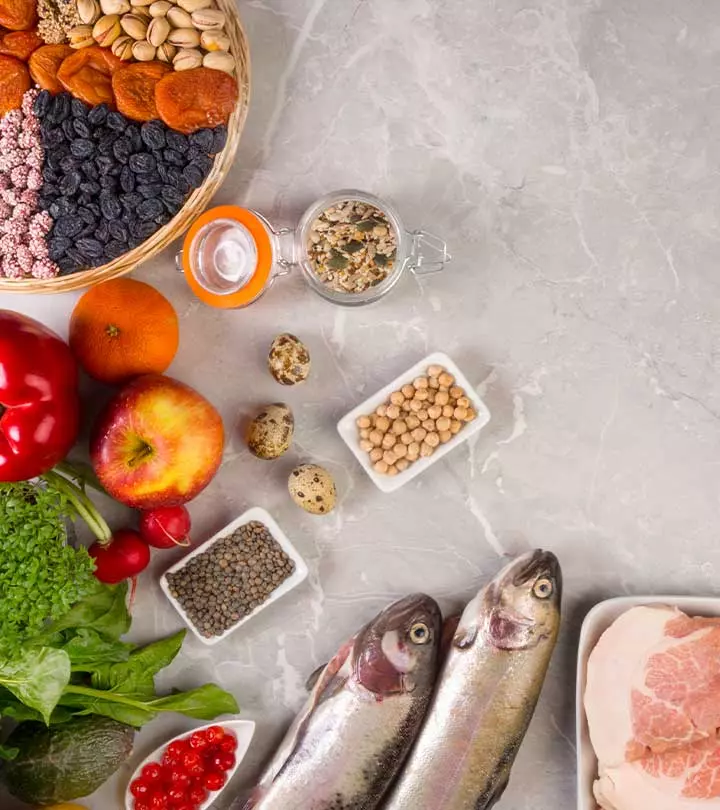
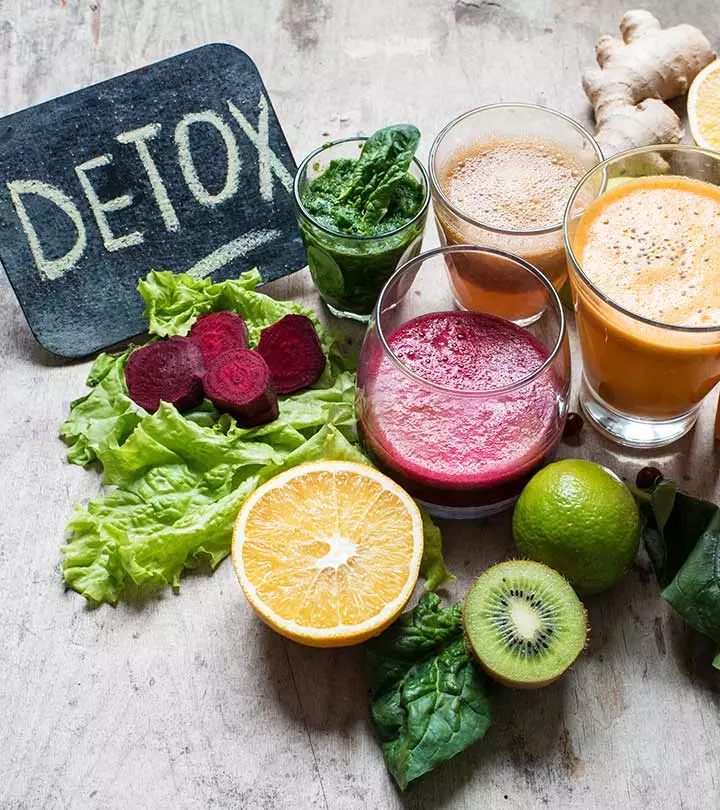

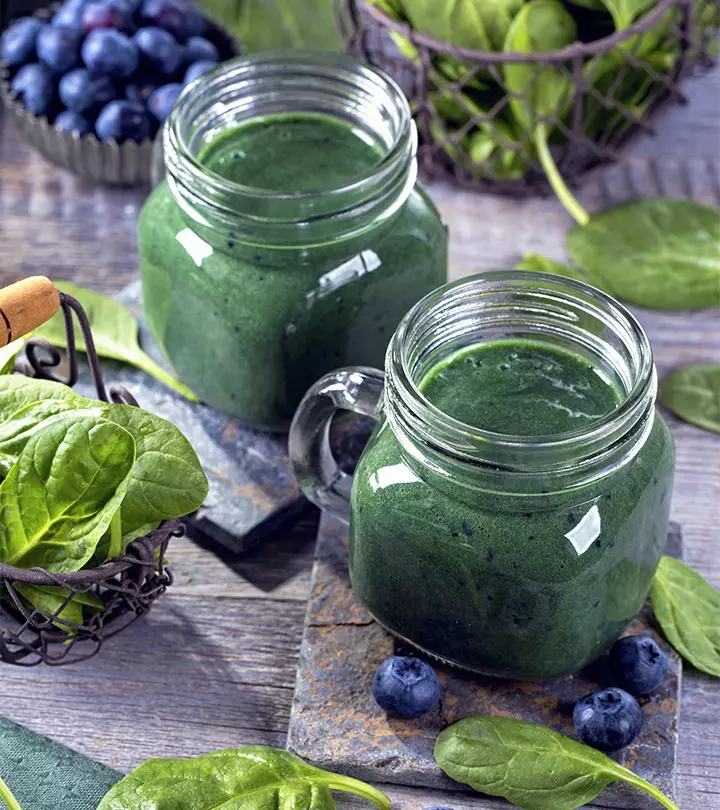

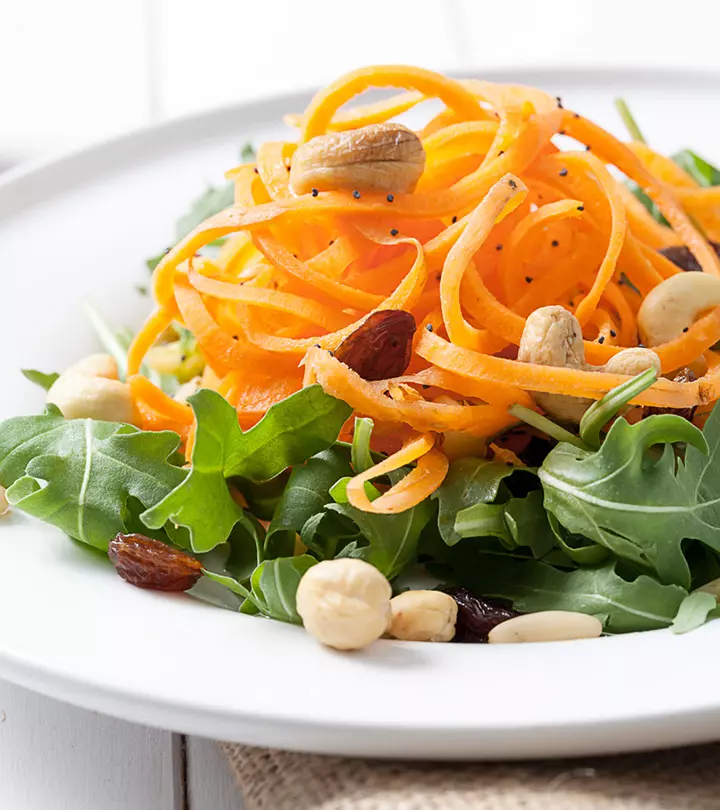
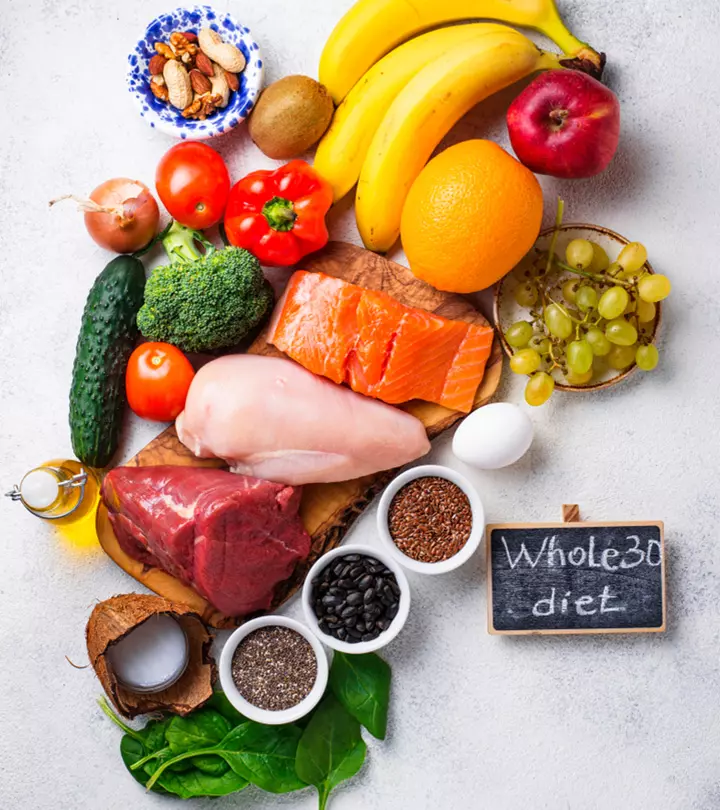
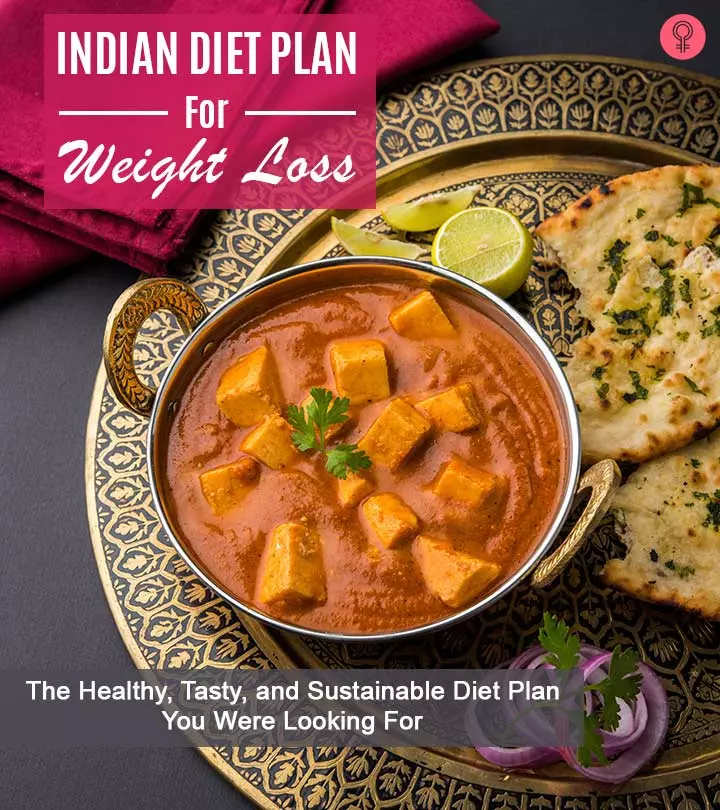
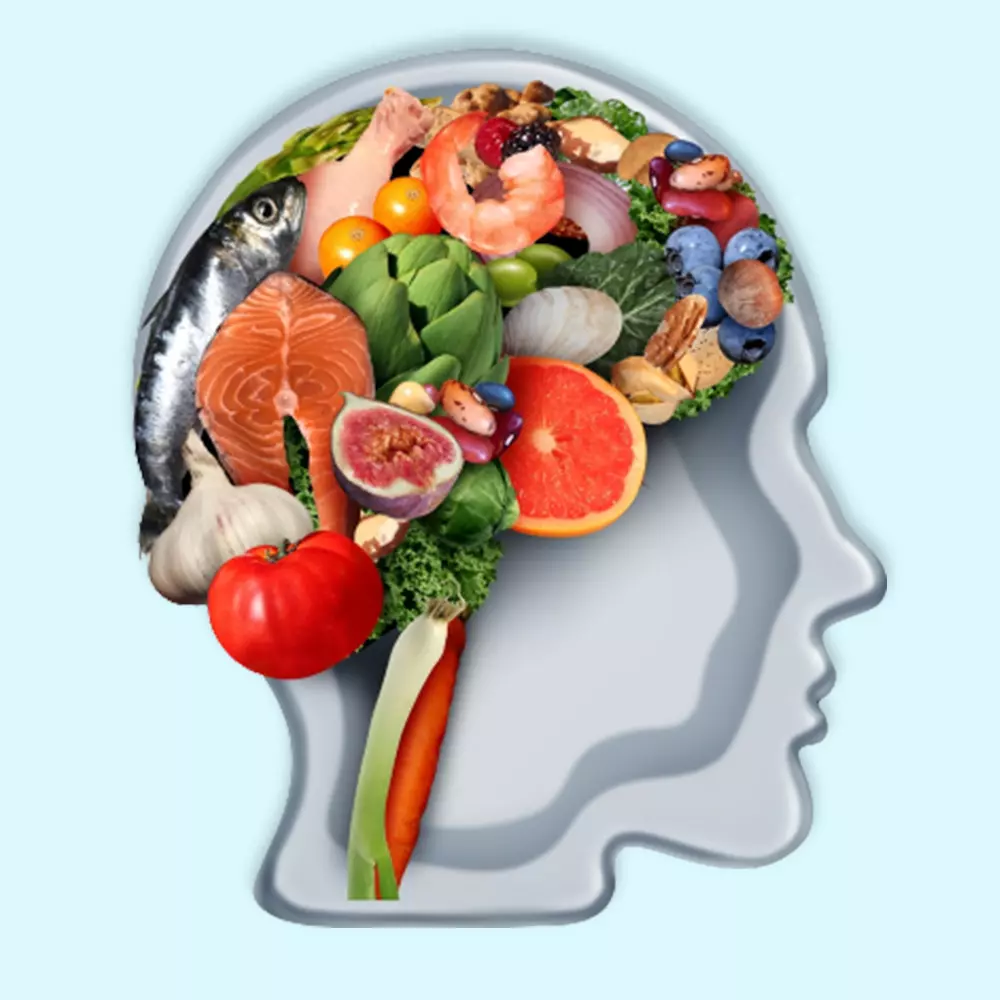

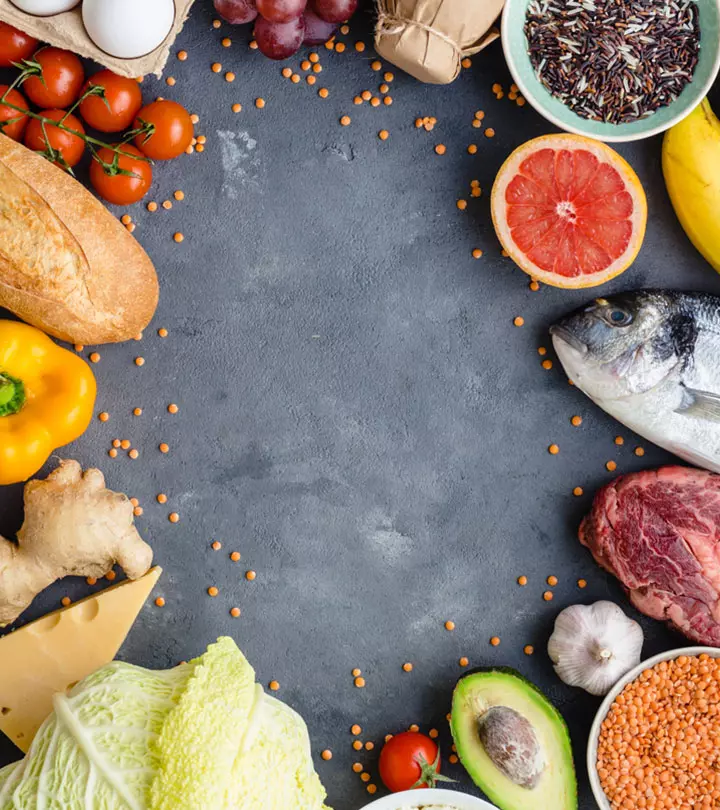

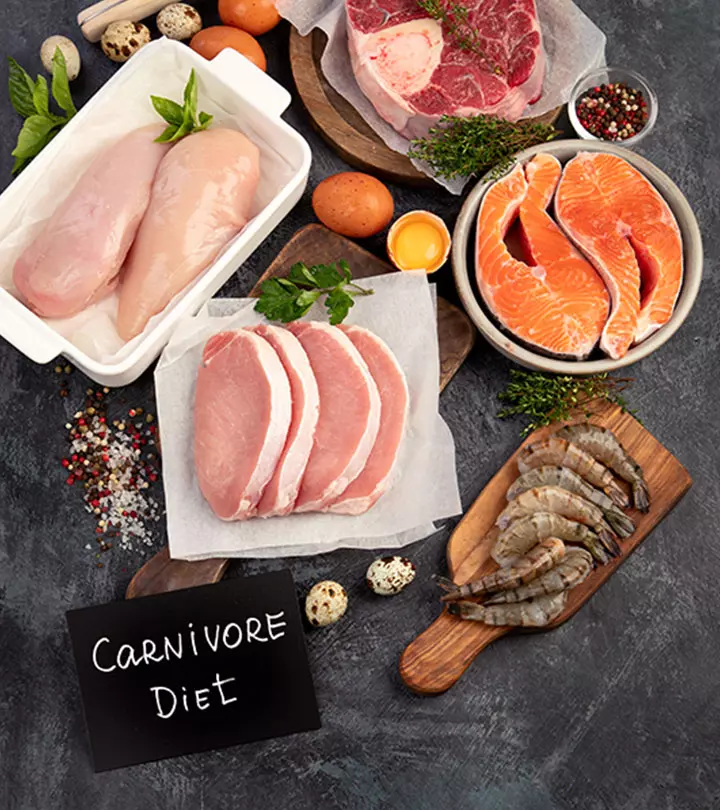

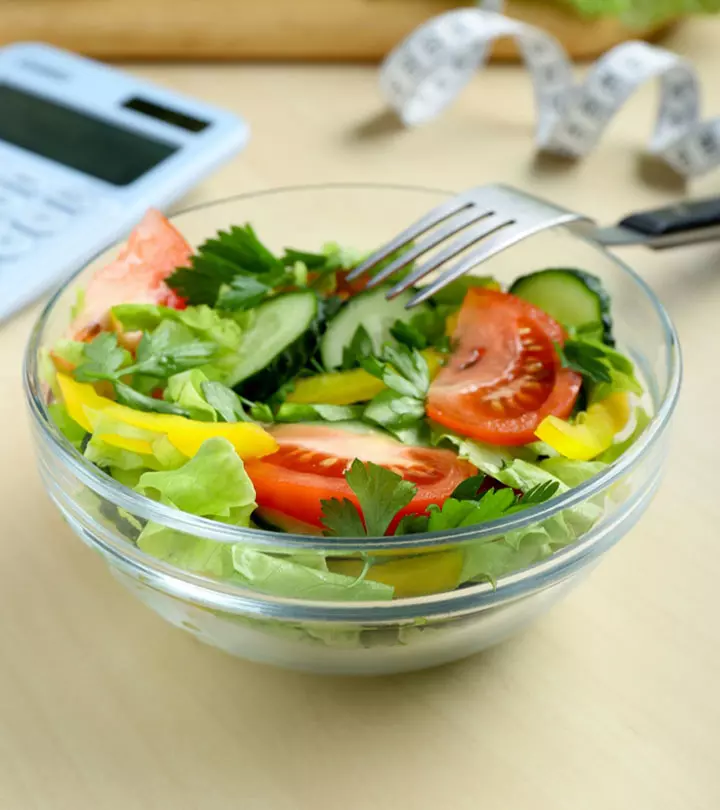

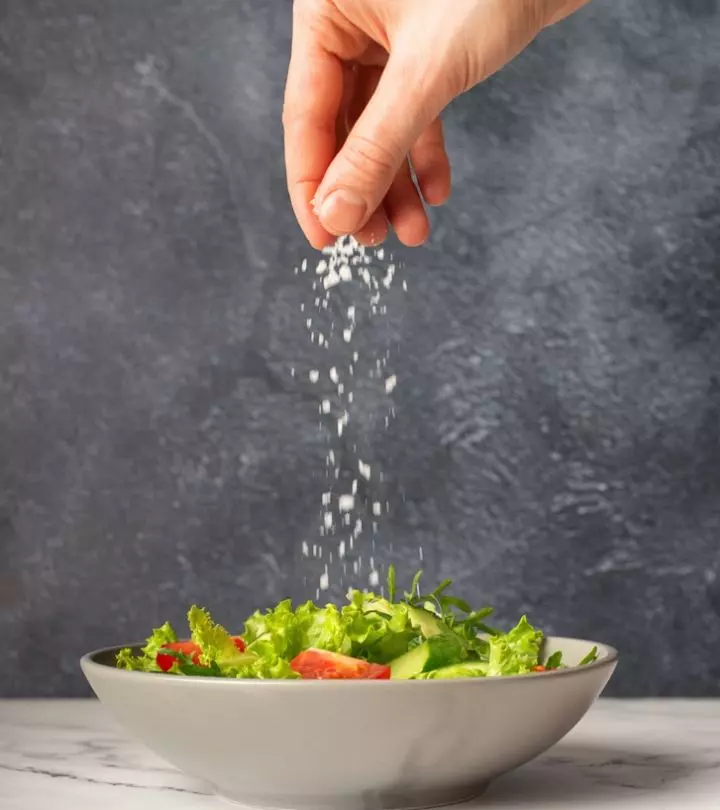
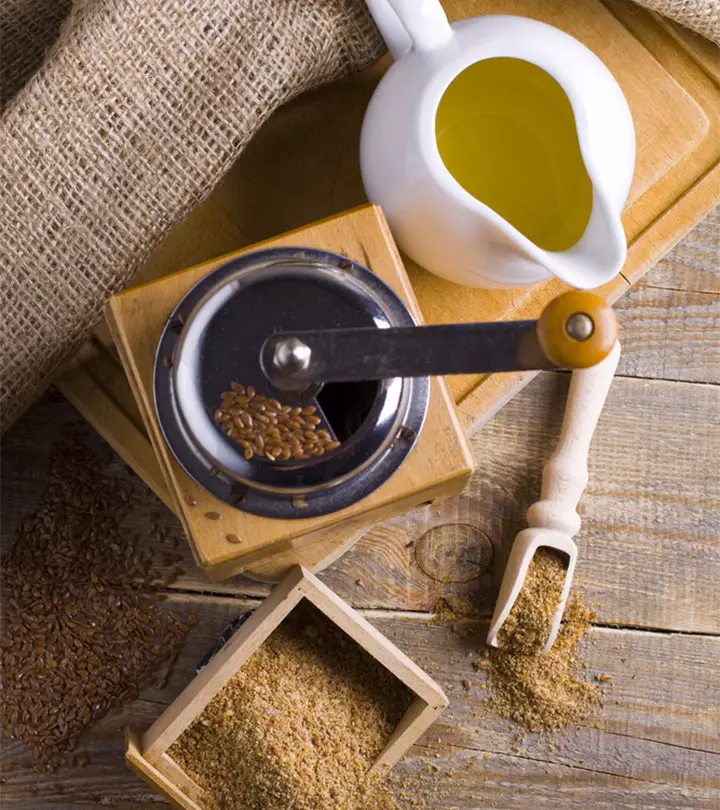

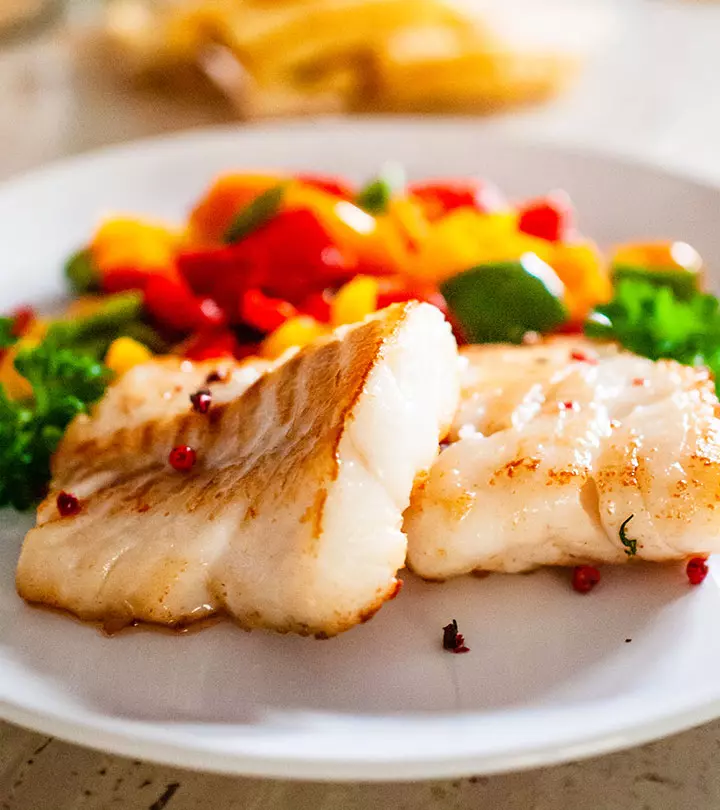


Community Experiences
Join the conversation and become a part of our empowering community! Share your stories, experiences, and insights to connect with other beauty, lifestyle, and health enthusiasts.